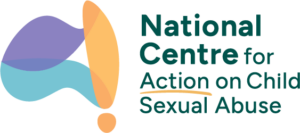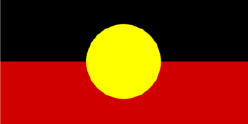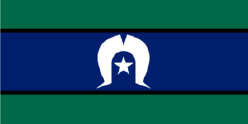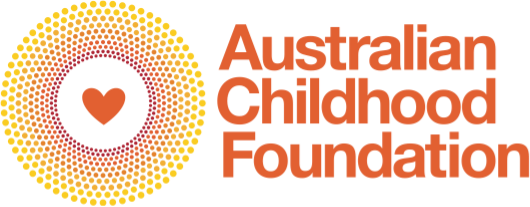The National Centre looks for ways to include a range of perspectives to shape our work and leadership – most specifically, the voices and experience of children and young people, victims and survivors of child sexual abuse and those with First Nations knowledges of healing.
At present, we have established two foundational ‘Colleges’. We will launch our engagement work with children and young people during 2024.
Survivor-led Adult College
The Survivor-led Adult College comprises persons from a range of ages, life stages, backgrounds and perspectives who have lived and living experience of child sexual abuse. Their deep knowledge and expertise helps to refine the strategic direction, priority activities and functions of the National Centre, to ensure our work is authentic and will have impact.
First Nations College
The First Nations College ensures that Aboriginal and Torres Strait Islander perspectives and experiences underpin the work of the National Centre. It recognises the critical value of First Nations knowledge of healing and community to support enhanced outcomes for victims and survivors.
Children and Young Persons Advisory
The National Centre is keen to involve children and young people to guide us as we develop new resources and research, as we talk to government about risks and safety issues, and as we consider how to help protect children and young people from sexual abuse and respond with safety and healing where they have been harmed. Based on feedback from focus groups with young people, we will launch our engagement work during 2024.
“Many of us were part of the multi-decade fight for the recognition and funding required to establish something like the National Centre. The opportunity to contribute to setting it up has felt surreal in the best and worst ways; an honour, a delight, and sometimes a terrifying responsibility, given the lives at stake. The most encouraging development in the formation of the National Centre has been its emerging culture – a culture of respect, partnership, and openness to feedback and debate. Not only does the National Centre recognise the heterogeneity of victim-survivors’ perspectives, it appreciates that this diversity is key to fulfilling its mandate and realising our shared vision. It feels surreal to be part of a national awakening and contribute to a new, no-doubt multi-generational effort to defend children and prevent child sexual abuse.” Scarlett Franks
Q & A
How do the Colleges work with the National Centre?
The word ‘Colleges’ was specifically chosen to emphasise the depth of knowledge, evidence and expertise each member brings to the National Centre through their lived experience. Our Colleges are more than an advisory group. They are a living, active part of the National Centre and they guide us based on their lived experience lens.
Appointments are overseen by the Nominations Committee of the National Centre Board of Directors and are usually prompted by a formal “Expression of Interest” invitation that we share via our newsletter and social media during application periods. As part of the appointment process, participants are invited to share what they would like to about their personal experience, their interest in the work of the National Centre, how they feel they can contribute and their hopes for what the Colleges can achieve.
Each College is formed with broad representation from across Australia, with consideration of a diversity of personal experiences, geographical location, age, gender as well as cultural and other backgrounds.
Membership is comprised of twelve to fifteen persons and each College has two co-chairs. People are appointed to the College for a period of two years, and a member may be reappointed for a further two years, depending upon their own choice to continue, and the strategic priorities of the College and the National Centre.
Applications to join our Survivor-led Adult and First Nations Colleges are currently closed, with current members tenured for 2024 through to 2026. There may be occasional vacancies, and these will be announced through our newsletter and social media channels.
College members engage and participate in the work of the National Centre in variety of ways. These include: peer assessment and advice on our commissioned and in-house research projects; review of written practice and knowledge resources; event planning and committees; advising on our communications and community messaging; advising us and supporting our projects; and advocacy opportunities.
We are looking at a range of ways to expand opportunities for people to engage with us. This includes the development of a full-time senior role in our team to guide us in broadening these opportunities.
If you have lived experience and are interested in the work of the National Centre, we invite you to follow our social media channels and engage through active sharing, liking, and commenting. Reducing stigma and raising awareness can only be achieved with collective action.
Also, sign up to our newsletter to stay up-to-date with the latest news and opportunities.






